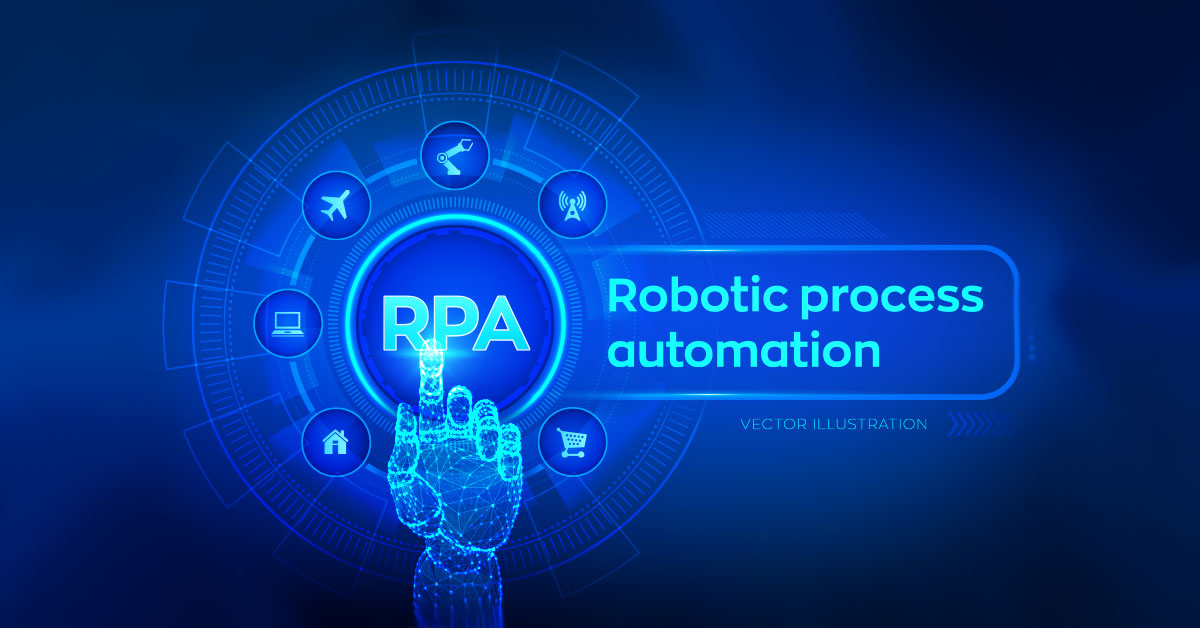Automating Text Generation: Benefits and Challenges of Natural Language Generation

5 min read
Text-generating automation is becoming progressively more important. Content generation has been completely transformed by the amazing field of Natural Language Generation (NLG) inside Artificial Intelligence (AI). Machine-generated material can be difficult to differentiate from human-written content since NLG systems can produce text that looks like human writing by applying Natural Language Processing techniques. Here we explore the advantages and difficulties of automating text generation using natural language generation and how it affects various businesses.
What are the Advantages of Natural Language Generation (NLG)?
-
Enhanced Efficiency and Productivity
One of the main benefits of Natural Language Generation is the impressive increase in productivity and efficiency it provides in a number of industries. When done manually, producing massive volumes of material would take a lot of time and work. However, these technology can execute this task quickly. Because it enables the reallocation of human resources to more strategic, high-value jobs, this rapid content-generating capability is very transformational for enterprises. It streamlines business operations and increases overall productivity by automating repetitive or routine writing chores, freeing up human talent to concentrate on analytical, creative, and decision-making processes.
-
Consistency and Accuracy
Accuracy and consistency are difficult to maintain in the field of content development, particularly when working with large-scale or regular outputs. NLG systems are excellent in this area because they make use of preset rules and templates to ensure that the style, tone, and grammatical accuracy of every piece of material they produce are consistent. It is especially important in fields like legal publishing, financial reporting, and scientific research publications, where accuracy and consistency are critical. These systems give a level of reliability that is difficult to attain with manual writing procedures by reducing subjectivity and human error.
-
Multilingual Capabilities
Being able to communicate across language borders is extremely important in the increasingly interconnected global economy. Language generation systems are more useful since they have strong multilingual capabilities, which enable them to produce unique, culturally sensitive text in several languages in addition to translating content. Global companies and organizations benefit greatly from this capability, which makes it easier to communicate and expand into new markets. By bridging communication gaps and allowing businesses to interact with clients in their local tongue, the combination of NLG with language translation services promotes inclusivity and global connectedness.
-
Enhanced Personalization
The capacity of language generation to produce highly customized information is probably one of its most significant advantages. By utilizing sophisticated algorithms and data analytics, these systems are capable of examining unique user information and preferences to provide customized content for every client. Targeted advertising, tailored user experiences, and personalized product suggestions are just a few examples of how customization is used. Businesses can gain a substantial competitive advantage from NLG’s ability to produce unique content at scale in today’s market! When personalization is crucial to customer engagement and loyalty. By making every interaction more relevant and interesting, personalized content not only improves the customer experience but also strengthens customer connections and brand loyalty.
What are the Challenges Faced by Natural Language Generation (NLG)?
-
Contextual Understanding
Accurately understanding and translating context is a major challenge in the field of Natural Language Generation. These algorithms have made great progress in understanding word meanings, yet they frequently falter in understanding subtleties, colloquial idioms, and cultural allusions that are essential to human language. This restriction is most noticeable in intricate situations when words or phrases take on new meanings depending on the context. It is still crucial to do research and development in order to improve NLG systems’ understanding of context in its entirety, including nuances and inferred meanings. This development is vital for situations where misinterpretation can have serious repercussions, such as sensitive conversations and creative writing.
-
Data Quality and Availability
The quality and accessibility of data are an essential factors that influence the efficacy of neural learning. For these systems to learn and produce useful information, large and varied datasets are necessary. But there are significant obstacles to overcome, like finding reliable, pertinent data and making sure it is accurate. Furthermore, in a time when data misuse can have dire consequences, ethical data use—which includes privacy and consent considerations—is important. The training of NLG systems is further complicated by the lack of data in some domains or languages, which may result in biases or limited functionality in such areas.
-
Maintaining Human-Like Language
One complex facet of NLG is striking a balance between automated productivity and natural language flow. The objective is to produce writing that cannot be distinguished from human writing, which calls for more than simply grammatical accuracy—the text must also flow naturally and compellingly. These systems must-have features like contractions, colloquial language, and seamless transitions in order to seem natural and unrepetitive. The goal of NLG development is to address this difficulty head-on by continuously improving algorithms to more nearly resemble the spontaneity and flow of human discourse.
-
Ethical Considerations
Ethical issues are becoming increasingly important as NLG is used more often in content creation. Concerns about the possible dissemination of false information. The possibility of manipulative content, and the effects of substituting human writers in specific situations are take-up by the usage of NLG technologies. Responsible deployment requires establishing ethical standards, ensuring openness in the application of NLG, and upholding a distinct line between content produced by machines and content created by humans. Collaboration among developers, users, and regulatory bodies is essential to address ethical concerns and ensure the reliable and beneficial use of NLG technology.
The Future of NLG and AI: Exploring New Horizons with Pranathi Software Services
Natural language generation has a very promising and revolutionary future in the broad field of artificial intelligence (AI). We are about to observe NLG systems that can produce text with never-before-seen contextual richness and nuance as Natural Language Processing (NLP) techniques advance. With more advanced solutions available in a variety of fields, such as education, customer service, and creative writing, this progression is expected to expand the applicability of NLG.
-
Advancements in NLG and AI
The development of NLP techniques mostly drives the advanced nature of NLG. AI will eventually be able to recognize and mimic human emotions in writing. Which will make interacting with computers more instinctive and natural. This advancement redefines human-machine interaction since it goes beyond text generation to include the ability to understand and react to human emotions.
-
Expanding Applications
To cater to the unique learning style and pace of every student, NLG may offer customized learning materials in the field of education. Artificial intelligence has the potential to improve customer service by providing more contextually aware and sympathetic replies. AI will take creative writing by storm as well, helping writers with co-writing, suggestion-making, and brainstorming sessions.
-
The Role of Pranathi Software Services
Pranathi Software Services, a leader in AI and software solutions, is at the forefront of exploring these new frontiers in NLG. Pranathi Software Services is creating products that go beyond what is possible with NLG by incorporating advanced NLP approaches. They stand out in the industry for their commitment to developing AI tools that are not only technically modern but also morally and aesthetically sound.
-
Addressing Challenges and Ethical Considerations
Addressing the difficulties and moral ramifications of NLG is still essential, even as we embrace its advantages. Leading this effort is Pranathi Software Services’ commitment to constant algorithm improvement, quality control attention, and support for the creation of moral standards for AI and NLG development. As part of their dedication to ethical AI, they make sure that the created content is not only accurate. But also devoid of biases, respects privacy, can use transparently.
-
Future Collaborations and Innovations
Collaborations between industry sectors and IT experts such as Pranathi Software Services will be essential in the future. These collaborations can spur innovation by allowing NLG solutions to meet particular industry demands while maintaining moral standards. Additionally, as AI permeates more aspects of our daily lives. It is important to educate consumers about NLG and AI, as well as its advantages and disadvantages.
Conclusion
NLG-based text generation automation has shown to be quite beneficial for a variety of sectors. NLG systems’ efficiency, accuracy, customization, and multilingual capabilities have revolutionized the process of creating content. However, problems still exist, including contextual comprehension, data quality, keeping language human-like, and ethical issues. As technology progresses, NLG’s powers and limits also rise. NLG can improve content development and consumption even more by addressing these issues and implementing ethical standards.
Published: January 25th, 2024





